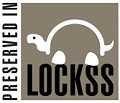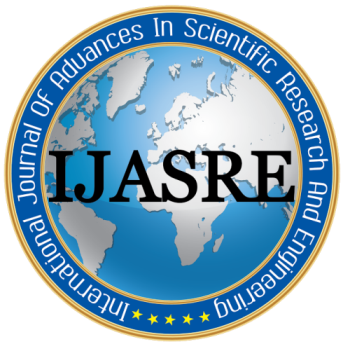Using Simo's Procedures to Rank Indicators for City Rating System
DOI:
https://doi.org/10.7324/IJASRE.2017.32544Keywords:
Sustainability Assessment, Sustainable City, Simo's Procedure, Weighting Indicators.Abstract
A city has different interactions in environmental, social and economic activities. The anthropogenic activities in a city represent
main source of environmental pollution, ecological damage, and non-renewable resources depletion. Many governmental and
non-governmental organizations have indicator systems to evaluate sustainability. This research targets to develop a framework
for rating system that counts to sustainability assess developing and developed countries by considering most common indicators
that evaluate performances at most cities. This paper illustrates the proposed framework for developing city sustainability rating
system. This framework consists of two steps for developing rating system: Identification of indicator system and weighting
indicator system. This paper contains detailed procedures to identify final indicator list: structuring framework level of hierarchy,
refining indicator system, and preliminary indicator list obtained as a last result of these procedures. A questionnaire survey and
statistical factor analysis have been performed to obtain final indicator list. The second main step is weighting final indicator list
components. This paper illustrates the procedures for weighting the proposed indicator list. The weighting process uses Simo's
Procedures to weight components. The weighting process is performed by using Simo's Procedure which is suitable to react with
a lot of indicators within the final list. This weighting process consists of three components: grouping indicator list, collecting
information and determining the weight of criteria
Downloads
How to Cite
Issue
Section
License
Copyright (c) 2017 Ahmed Hamdy1,, Mohamed El Zayat2, Mohamed Marzouk3

This work is licensed under a Creative Commons Attribution-NonCommercial 4.0 International License.







